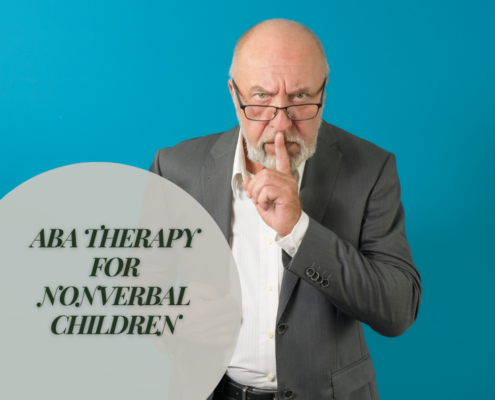
Long-Term Outcomes of Early ABA Intervention
Screenings have become a huge focus of the health-care industry in recent years. Routine doctor’s visits and specialized screenings for different diseases and afflictions are a big part of how healthcare is administered nowadays, as a major…

ABA Therapy for Nonverbal Children
Children who have autism spectrum disorder (ASD) can display a wide variety of signs of symptoms. The neurodevelopmental disorder can affect children in vastly different ways, which emphasizes just how diverse the condition is and how flexible…

Innovative Technologies Used in ABA Therapy
Emerging technologies are having an immense effect on life today, altering how we work, play and interact with others. New tools are hitting the market seemingly every day, some of which are completely changing entire industries.
Thanks to…

Small Steps — The Baby Steps Approach of ABA Therapy
Every person learns a little differently than others.
Some may be visual learners and excel when they are shown pictures or have someone model a new skill for them first. Others may thrive on written instructions and trying something on their…

The Science Behind ABA Therapy
Applied behavior analysis is considered to be the gold standard of treatment options for children with autism spectrum disorder (ASD). Commonly known as ABA therapy, it is a science- and evidence-based approach to learning and behavior that…

